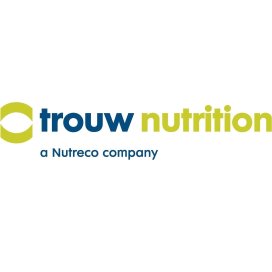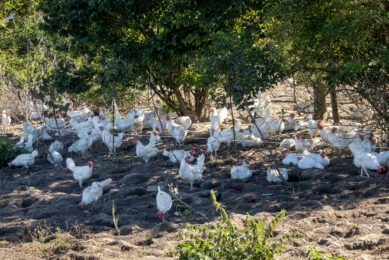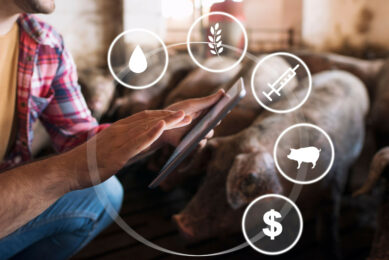Interview: How to make feed data fit for purpose
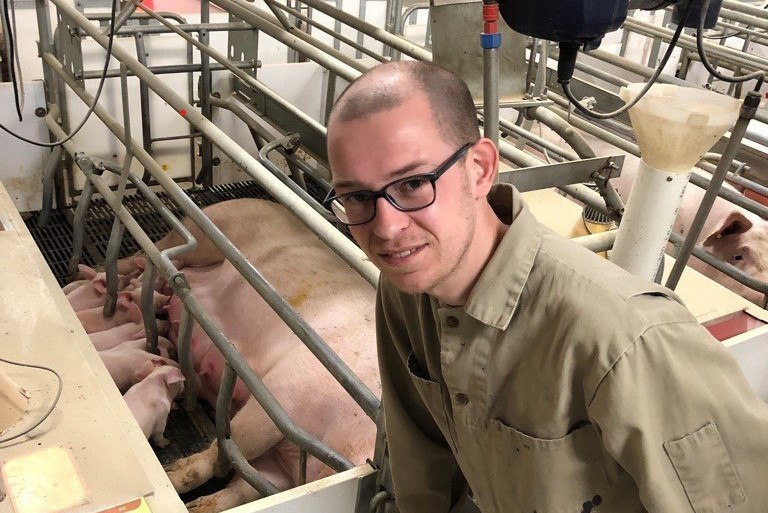
Complex datasets hold valuable insights to solve questions for procurement, formulators and farmers. Noud Aldenhoven, senior data scientist at Trouw Nutrition, explains what it entails.
Noud Aldenhoven is trained as a mathematician with a PhD in mathematical physics. He has worked for a variety of companies, including a start-up company where he applied artificial intelligence (AI) to help better and faster screening of breast cancer. He also worked as a data and AI consultant in the human medicine sector. He joined Trouw Nutrition 6 years ago to apply his AI and data expertise in a new field: animal nutrition and livestock farming. We sat down with Noud to ask him about the role, working with data, where AI can be of value (and when not), and why it is important to work closely with animal scientists.
Making sense of multiple data streams
Having data scientists as part of the work force makes complete sense, considering that Trouw Nutrition has many production locations and customers around the world. Noud explains: “Being such a global and big company means we have a lot of data, including raw material data from procurement, nutritional data or recipes used in our feed mills and the field/farm data from our customers. On top of that, we have data on farm type, regions, prices, etc.”
But no amount of data extraction solves business problems if you cannot make sense of the information you have gathered. That is why companies need business logic to gain actionable insights from their databases that best fit operational requirements.
Noud: “As a data scientist, this is exactly what I do. I apply business logic to the (often multiple) datasets we have and try to find answers to the questions I get from our internal formulators. These questions range from “standard” questions (what is being produced where and sold to whom?) to more advanced questions. For example, I have been comparing recipes for nutrient similarity and differences between the formulas, resulting in all kinds of interesting patterns on how our products are formulated. Animal types and life stages are obvious indicators for similarity. But geolocation, seasonality, and economic market conditions show interesting connections as well. These insights help to better understand how our market works, and what our market might need in the future.”
Fast data insights after vitamin shortage
A recent, very tangible issue that Noud helped solve was around the sudden shortage of vitamin E and A on the market due to a fire in the supplier’s production facility. This emergent issue required fast and detailed insights around which products and recipes we produce, how they are produced, and where they are produced. Noud: “Due to the shortage, prices skyrocketed. This required immediate action. As a data scientist I helped to create insights on how much of these vitamins we use, in which recipes, for which customers, and which factories use the most vitamin E and A in their recipes.”
Having these data insights allowed Trouw Nutrition to quickly get a solid view on where the biggest bottlenecks in production could occur and hence how to manage the remaining vitamin supplies in the most efficient way. Noud explains: “These shortages in micro-nutrients can happen at any moment, as well as disruptions in other important feed ingredients due to trade disruptions or bad harvests, for example. Data science helps to get the insights needed to make the right decisions, both short and long term, around what to buy when and where.”
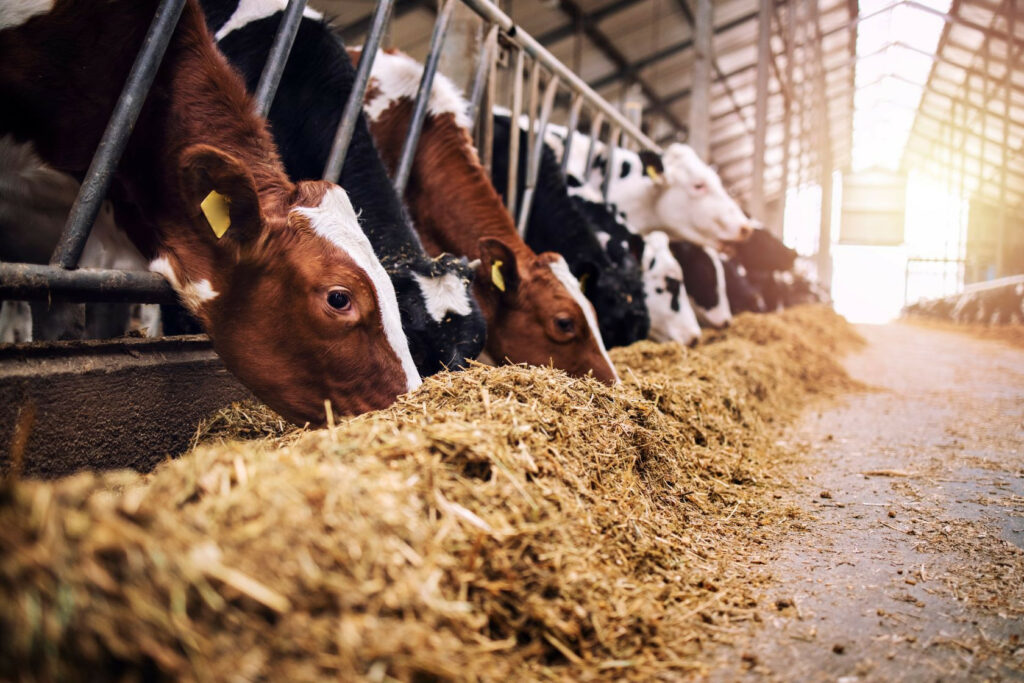
Using AI to make animal models better
Next to optimising internal processes with data science, Noud is very much involved in the development of (new) nutritional animal models. These models are used by Trouw Nutrition internally, but the models are also increasingly used externally (e.g., by large integrators). These models are founded on strong and proven biological information (how animals grow, etc.), work very well in practice and are the backbone of diet formulation and application.
Noud: “What excites me is that data science and AI now allow us to increase our suite of models to include predictive models, hybrid models and digital twins. The advanced prediction models are based on machine learning from data to predict animal responses. This concept is being applied for better prediction of milk yield in dairy cows, for example, which is something that is hard to do with conventional methods. Digital twins, which are virtual replicas of animal-farm systems, allow for simulations and analysis of the characteristics behind the responses. We can simulate a dietary change, compare products, and optimise feeding schedules and shipping plans for pigs, among others. A great example is our Watson swine model.”
Volume and quality of the datasets are key
Noud addresses that AI is of great value in data science but should also be seen as ‘one of the many tools that can be used’. In animal models, AI successfully complements (not replaces) the proven methods and processes we already use for many years. He says: “Before even thinking of using AI, it is important to identify the issue you want to solve first and then explore which techniques can be used. In the case of the sudden vitamin shortage, I was using large data sets and applied business logic to produce insights for quick decision-making. There was no AI involved here.”
As an experienced data scientist, Noud learned that AI works well when there is enough data volume and quality (clean data). “For example, if you want to use AI to predict pig growth, you must have a large, curated dataset of pig feeds, feeding schedules, genetics, management practices, health and finally pig growth (ideally measured in regular intervals). And ideally, you want data from as many different farms over many different continents. Such clean, huge, and complete datasets are (still) scarce I am afraid. The more pieces of the puzzle we have, the more value we can extract, which we already can use today.”
Complementing statistics with animal science
As a data scientist, it is vital to analyse data with domain knowledge, and the best way to gain that is by collaborating with those who collect or generate it. Noud therefore regularly visits feed mills and farms to understand why certain things are done. “For example, data insights might show that we need to change a recipe for a certain location, but there might be other factors at play that we need to consider before applying changes,” Noud says.
Looking ahead, Noud believes that large, global feed companies simply cannot do without data insights anymore. “At Trouw Nutrition we already see the added value the data brings to our internal processes and for our clients. It is all about better and faster decision-making. And as a company we continue to capitalise on the data, leading to even more accurate animal models for better farming and nutritional decisions, and fine-tuning the processes (or emergency decisions!) around procurement and formulation,” Noud concludes.


